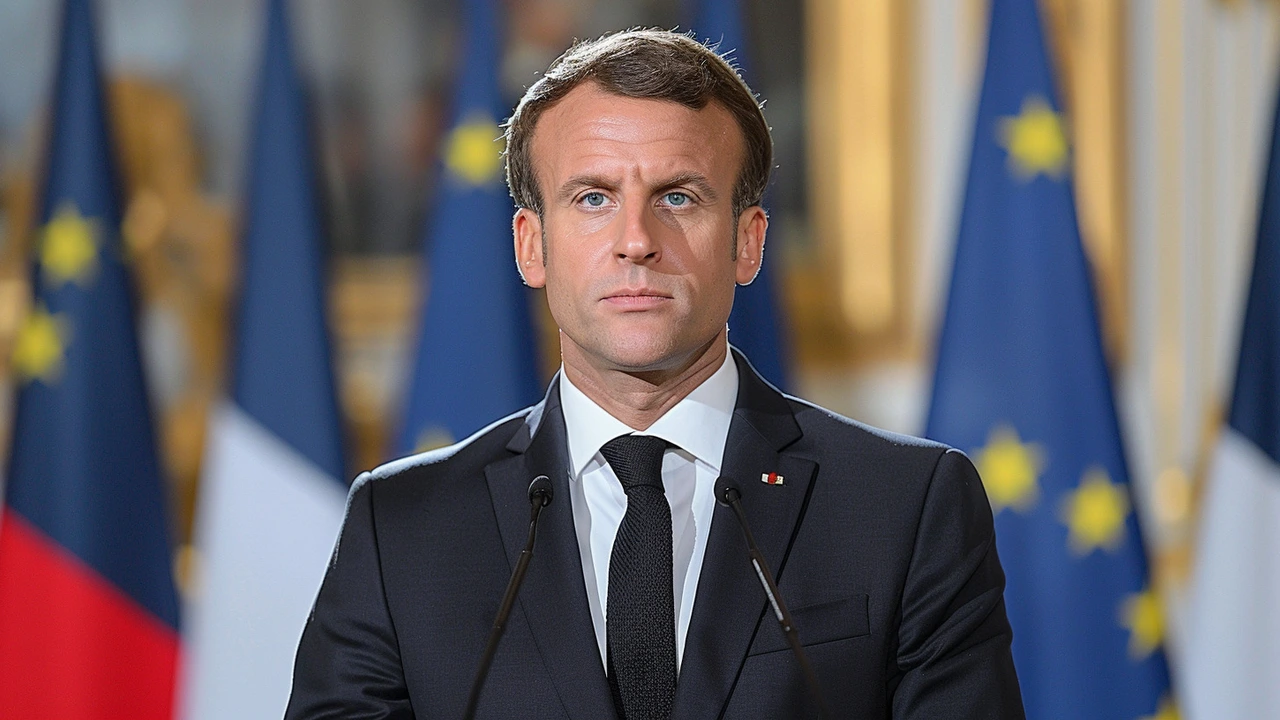Understanding the EU Elections: Why They Matter to You
Every few years, Europeans head to the polls to vote in the EU elections, deciding who will represent them in the European Parliament. This parliament plays a big role in shaping policies that affect everything from trade and the environment to immigration and digital laws. But these elections don’t just impact Europe; their outcomes can send ripples across global markets and international relations.
So, what exactly happens during these elections? EU member countries hold their own voting on designated days, but all results come together to form the new Parliament. Depending on how people vote, different political groups can gain or lose influence, shifting the balance of power in Brussels.
How EU Elections Shape Everyday Life
It might feel distant, but the decisions made by elected members affect everyday things like phone roaming charges, food safety standards, and even climate action efforts. For instance, a strong showing by environmental parties could push tougher regulations on pollution and emissions.
Moreover, these elections give citizens a chance to express their opinions on the EU’s direction. Whether it’s about economic policies, foreign affairs, or social rights, your vote contributes to who drives these discussions.
Why Pay Attention to Election Results?
Watching the results helps you understand how your region's preferences fit within the bigger European picture. It also reveals how cooperative or divided the Parliament may be for the next term. This can predict how quickly laws get passed or which issues rise to the top of the agenda.
Plus, international businesses, governments, and media closely follow EU elections since the Parliament influences decisions that affect markets and partnerships worldwide. So, staying updated isn’t just for politicians – it’s for anyone interested in Europe's role on the world stage.
In short, EU elections are more than just a political event; they are a key moment where millions influence the continent’s future. Understanding what goes on, why it matters, and how it links to your life can make following these elections way more relevant and even interesting.
Macron's Bold Step: French President Calls for Snap Election Amidst EU Poll Defeat
Facing a major setback in the EU elections, President Emmanuel Macron has announced the dissolution of the French parliament and called for fresh legislative elections. The decision comes after Marine Le Pen's National Rally made significant gains, creating a pivotal moment in French politics. The first round is scheduled for June 30, followed by the second round on July 7.
Julian Parsons | Jun, 11 2024 Read More
